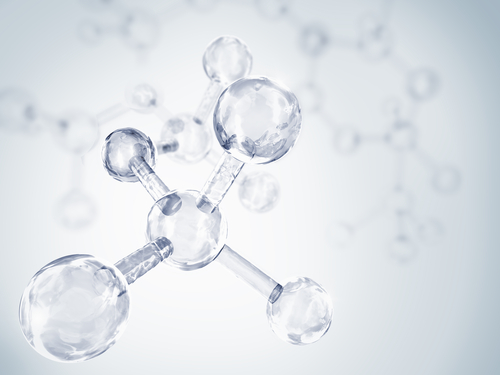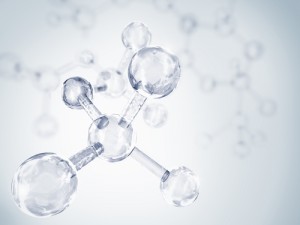Molecular Hydrogen in Water Protects Against Pulmonary Hypertension
Written by |

 New research suggests administering molecular Hydrogen, an antioxidant, orally via Hydrogen water may offer therapeutic value to Pulmonary Hypertension patients.
New research suggests administering molecular Hydrogen, an antioxidant, orally via Hydrogen water may offer therapeutic value to Pulmonary Hypertension patients.
Pulmonary hypertension (PH) is a condition caused by increased pressure in the pulmonary arteries. In advanced cases, its symptoms (shortness of breath, tiredness, chest pain) worsen and may limit all physical activity.
Many factors account for the disease, and the most-used therapies rely on vasodilators of several kinds. However, the traditional treatments have failed to block disease progress effectively. Thus, a search for new treatments is actively underway.
[adrotate group=”4″]
In patients with PH, there is a significant increase in reactive oxygen species (ROS), a condition named Oxidative Stress. Their accumulation can seriously damage cells, and so treatment of PH patients with antioxidants has proven to be effective. Notably, however, high doses of nonselective antioxidants (i.e., antioxidants that can bind multiple receptors in several different places in the body) can have detrimental effects, such as inducing hemorrhage. Therefore, selective antioxidants are a safer and more efficient therapy to PH patients.
Molecular hydrogen (H2) is a selective antioxidant because it selectively reduces two specific ROS (hydroxyl radicals and peroxynitrite), without affecting what is now described as physiological ROS (i.e., ROS that is beneficial and necessary for cells’ survival).
In cases of ischemia/reperfusion injury (a condition that generates inflammation and oxidative stress), H2 has shown protective effects by selectively binding to damaging ROS. In the study, the authors proposed to investigate whether H2 was also effective in PH treatment. The authors generated a rat model of PH by injecting monocrotaline (a toxin that induces pulmonary hypertension). Additionally, the authors evaluated two ways of administrating H2 – intraperitoneal injection and oral administration (via hydrogen water).
[adrotate group=”3″]
The team found that when compared to the control group, H2 prevented the development of PH and reversed RV hypertrophy. Accordingly with previous studies, the therapeutic effect of H2 was related to its antioxidant (particularly by inhibiting a byproduct of the damaging ROS peroxynitrite) and anti-inflammatory activities. Additionally, both H2 delivery methods – intraperitoneal injection and oral administration — were equally effective. Although previous studies reported antioxidants could effectively reduce PH, its use in clinical therapeutics is rare.
The authors now propose that selective antioxidants is an effective treatment of PH and oral administration is an efficient vehicle for therapeutics, since they are less expensive and offer a longer-release time for the effector molecule.



